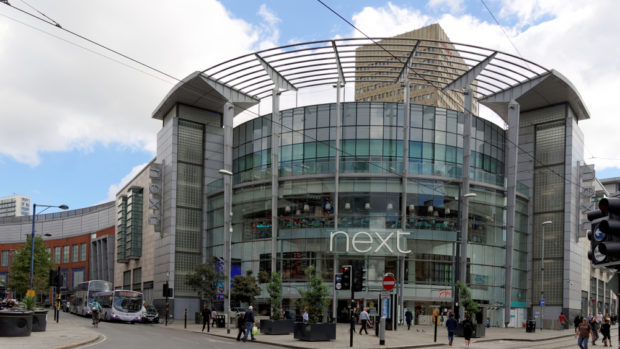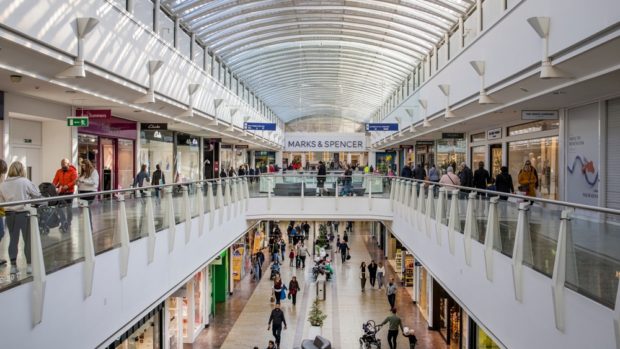
Many consumers believe they are scoring a great deal during Black Friday, Cyber Monday, or other major shopping events — but are they? A new study from Oxylabs reveals that over 70 per cent of products in major U.S. marketplaces were actually more expensive on Black Friday compared to the week before.
Oxylabs tracked the prices of 61,172 products across two major U.S. eCommerce marketplaces from August 13 to November 29, 2024, using its Web Scraper API. The research focused on bestselling items across various categories, including video games, toys, electronics, home and kitchen appliances, sports and outdoor equipment, clothing, beauty products, and office supplies. Pricing data has been observed on an hourly basis.
“We set out to analyse how the prices of various products fluctuated in the lead-up to Black Friday. Contrary to the aggressive advertising of massive savings, many of the items we examined were actually priced highest on Black Friday. This suggests that relying on major shopping events for the best deals may not be the smartest strategy,” said Rytis Ulys, head of data & analytics at Oxylabs.
In the first marketplace we analysed, the discounted Black Friday price was the lowest price during the entire week prior to Black Friday in only 28 per cent of cases. The remaining 72 per cent of deals were not saving consumers any money. Looking into prices during the whole research duration, Oxylabs’ team found that about 1 in 10 products were cheaper or cost the same earlier this autumn.
The situation in the second analysed marketplace was slightly better. The Black Friday deal’s price was the lowest during the entire week in 59 per cent of cases. Looking back one month prior to Black Friday, the Black Friday deal’s price was the lowest price during that period in 86 per cent of cases, while 14 per cent were not actual “deals” from the consumer’s perspective.
The study also uncovered that many advertised “former” prices used in Black Friday promotions were not offered regularly three months prior to the sale. According to Ulys, this raises concerns about the possible violations of the laws surrounding false price advertising.
“While deceptive pricing manipulations are forbidden by law both in the U.S. and EU, it’s quite easy for sellers to evade detection. To protect consumers and ensure legal compliance, regulatory bodies must employ large-scale price intelligence strategies, utilising advanced web scraping and data analysis technologies. However, these opportunities are often overlooked due to persistent misconceptions around web scraping,” Ulys explains.
He adds that regular consumers are in an even more difficult position to prove that a discount is deceptive, especially without access to an entire pricing history. “This leaves retailers free to display inflated prices and discounts that seem impressive, even when they aren’t truly significant.”
Oxylabs’ findings serve as a cautionary tale for consumers eager to take advantage of holiday sales. The research underscores the value of price tracking and careful shopping throughout the year rather than relying solely on major shopping events for the best deals.








Share